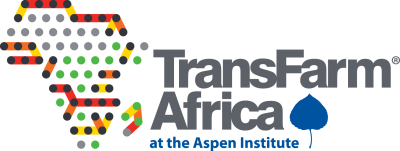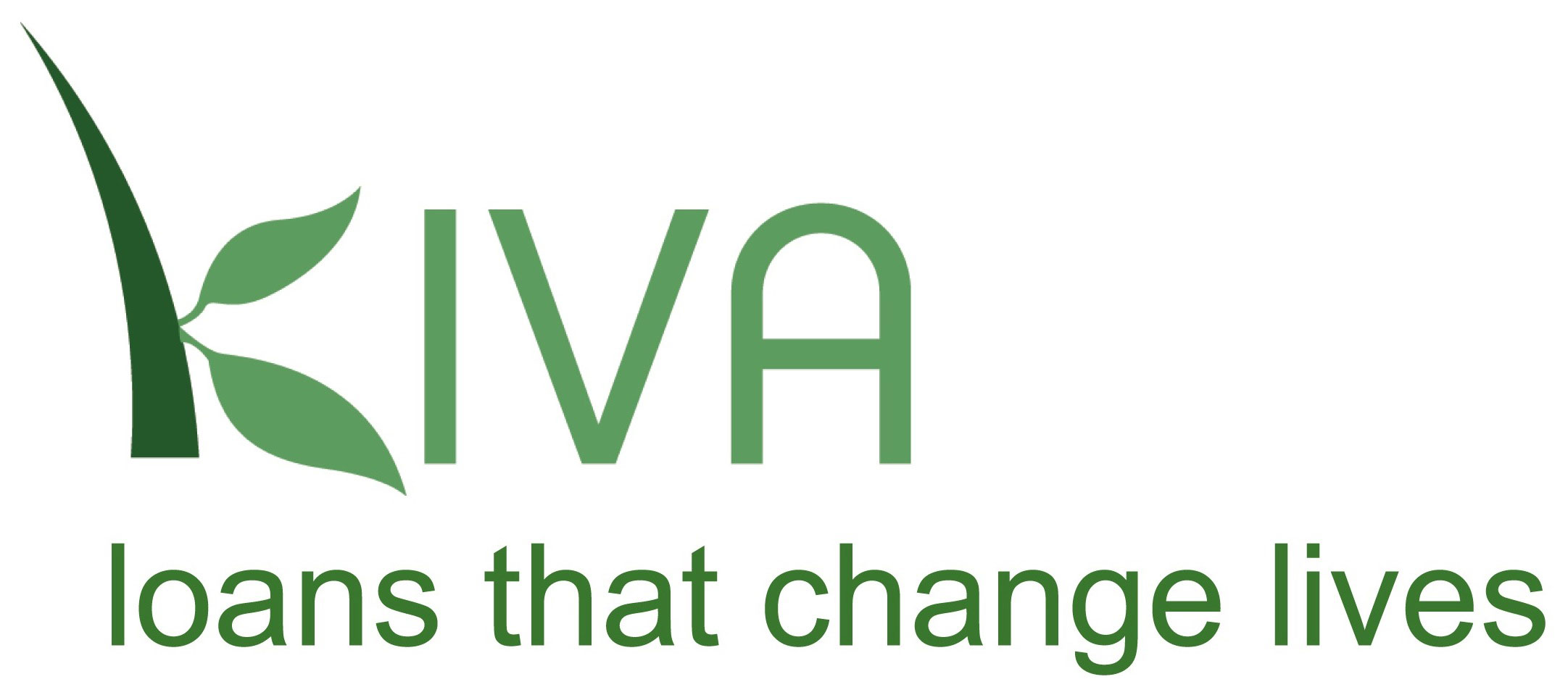September 16, 2012 – Phil Underwood
This summer, members of the Harvard Law and International Development Society (LIDS) presented a paper at the International Corruption Hunters Alliance (ICHA) conference in Washington, DC. The conference, sponsored by the World Bank, brought together anticorruption officials from all over the world, including World Bank’s Regional Governance and Anticorruption Adviser Lisa Bhansali, the conference moderator. The LIDS team worked with Alexandra Habershon from the World Bank’s Coordinator for the International Corruption Alliance and Integrity Vice Presidency.
Over the course of the spring semester, LIDS team members Connie Sung, Gisela Mation, Nico Palazzo, Phil Underwood and Sushila Rao worked together to develop a paper based on a series of case studies on whistle-blower programs around the world. These case studies showcased both newly-implemented and existing policies and mechanisms on whistle-blowing. These mechanisms have been designed to encourage whistle-blowers to come forward with information surrounding public-sector corruption, and offer them protection after doing so. LIDS studied whistle-blower programs in countries across the world, specifically India, Peru, Bhutan, Morocco, and the United Kingdom, as well as a mechanism implemented by the International Conference on the Great Lakes Region (ICGLR), a regional organization in eastern Africa. Case studies specifically analyzed the institutional and legal structures of these programs and their impacts on broader corruption policy.
Some highlights of the case studies include:
- a new SMS- and voicemail-based system to accept complaints of illegal exploitation of mineral resources in the Kivu province of the eastern Democratic Republic of the Congo;
- Project VIGEYE, a crowdsourced system offering citizens multiple means to complain about corruption throughout India, and a fully digitized system for keeping track of such complaints;
- new legislation on whistle-blower protection in Morocco, which includes provision for hiding of complainants’ identities by marking down false addresses and using voice-obscuring technology in testimony;
- a comic book published by the Peruvian Controloría Generalto boost awareness of their whistle-blowing and anti-corruption efforts; and
- a series of recent rules promulgated by the Bhutanese Anti-Corruption Commission covering, among other things, debarment of corrupt firms and the making of gifts to public officials.
In keeping with the broader themes of the ICHA program, which is “focused on the introduction of new approaches such as crowd sourcing and citizen engagement” to the fight against corruption, the case studies investigated the role of technology on whistle-blowing policy. Many regions in the developing world lack the communications infrastructure that is common in North America and the EU, so policies must take into account the need for alternative methods of making complaints, especially the use of mobile phone technology. Ideally, countries around the world will be able to adopt these new mechanisms for the promotion of whistle-blowing in cases of public-sector corruption, and the limitation of corruption.
The LIDS team also benefitted from the aid of (and would like to thank) World Bank corruption experts and national authorities, and its supervisors, Harvard Law School Professor Philip Heymann and Christelle Dorcil of Orrick, Herrington & Sutcliffe LLP. Other speakers at the event included Carla Salazar, General Secretary for Peru’s General Comptroller; K. Subramanian, Officer on Special Duty for the Central Vigilance Commission in India; and Hari Mulukutla, Consultant to GIZ for the Regional Resource Governance Project in West Africa.



